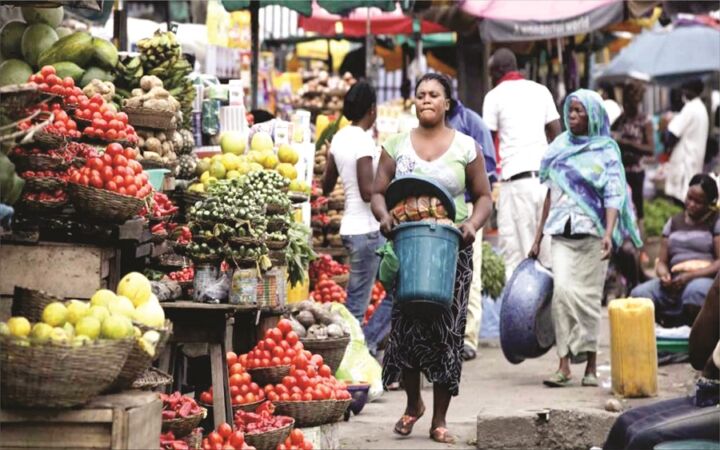InfoStride News reported that the Food and Agricultural Organisation (FAO) has released a dire warning, indicating that approximately 26.5 million Nigerians will be at risk of hunger in 2024. This unsettling revelation comes amidst increasing concerns about food security in the country.
The FAO’s findings have highlighted specific regions in Nigeria where the risk of hunger is most acute. These areas include the Federal Capital Territory (FCT), Sokoto, Borno, and Zamfara states. Dominique Kouacou, the FAO’s country representative, made this alarming revelation during the presentation of the Cadre Harmonise food security and early warning analysis for the October to November period in Abuja on Friday.
This report is the result of extensive research conducted in 26 states and the FCT, aimed at assessing the current food security situation and providing projections for the near future. Kouacou emphasized that the prevailing cycle of food insecurity is marked by a series of unusual challenges, including persistent issues like insurgency and banditry, which continue to threaten the nation’s stability.

In addition to security concerns, other obstacles exacerbate the food security crisis. These include conflicts related to natural resources, skyrocketing food and agricultural input prices driven by high inflation, and droughts in some states shortly after the onset of the rainy season. The combination of these factors creates a precarious environment for food production and distribution.
Dr. Ernest Umakhihe, the Permanent Secretary of the Ministry of Agriculture and Food Security, stressed the importance of the Cadre Harmonise (CH) analysis. He pointed out that this analysis is being presented at a time when governments at all levels are making concerted efforts to revive the nation’s economy. While acknowledging the significant challenges, Dr. Umakhihe expressed optimism about overcoming them despite the obstacles facing the ministry’s efforts.
He stated, “Notable among them are the lingering negative impact of COVID-19 on the global economy and the Russia-Ukraine war, which is currently disrupting food systems and causing a spike in input and food prices. The removal of the petroleum subsidy has further exacerbated this pressure, resulting in food inflation and an increase in the consumer price index.”
Dr. Umakhihe also disclosed that the CH analysis will be integrated into the policies and strategies of all 36 states in Nigeria by the end of 2024. This suggests a concerted effort to address the pressing issue of food security across the entire nation.
In conclusion, the FAO’s alarming report reveals the critical need for immediate and sustained action to address the impending hunger crisis in Nigeria. The identified risk areas, coupled with the multifaceted challenges confronting the nation’s food systems, demand a coordinated response from the government, non-governmental organizations, and international partners. As Nigeria grapples with these issues, the integration of the Cadre Harmonise analysis into state policies holds promise for better-informed decision-making and enhanced food security efforts throughout the country.
Support InfoStride News' Credible Journalism: Only credible journalism can guarantee a fair, accountable and transparent society, including democracy and government. It involves a lot of efforts and money. We need your support. Click here to Donate
